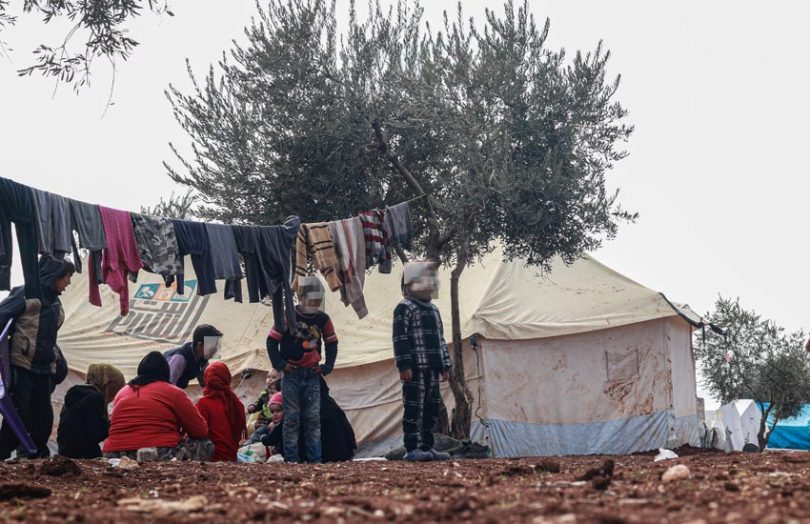Denmark’s Ministry for Development Cooperation has released a report that recognizes blockchain as a tool to fight corruption, particularly in refugee camps. Named ‘Code to Integrity,’ the report will be presented in the International Anti-Corruption Conference (IACC) in October.
The paper describes how innovation and technology are powerful tools in the battle against corruption, offering increased oversight of businesses, governments, and stakeholders.
It identifies blockchain as one of four avenues to tackle corruption. The technology’s feature of secure and transparent data recording could be used to ensure rights to aid, land, and money and prevent fraud.
One case study highlights how refugees often lack proof of identity, especially when fleeing conflict regions. Without an identity, it’s very hard to have any rights, whether that’s the ability to make payment with a bank account or to vote. Blockchain and biometrics can address this problem. It gives the World Food Program example, which uses a biometric identity when aiding refugees in Jordan and Pakistan.
Advantages include the low-cost nature of blockchain-based money transfers, the reduction or even elimination of intermediaries such as banks, and the possibilities of electronic identities.
Disadvantages are also recognized. The frequent linking of identity with personal data raises data privacy concerns. The “right to be forgotten” issue was also raised in the report. This feature of Europe’s General Data Protection Regulation (GDPR) means an individual can request their data to be erased. Yet, the very nature of blockchain technology means data cannot be modified, let alone erased. The Ministry understands that since the data on the blockchain is immutable, errors could have a negative impact on individuals. However, the report continues by saying these issues are already being looked into.
A general point raised is that if data is flawed or biased, there’s the possibility of injustices. Looking at that in the blockchain context, we note that it can only help prevent tampering after the data is added. If information is corrupted before it gets to the blockchain, say for a land title, then it’s too late.
We’ve previously reported numerous examples of blockchain land registries, including in Mexico.
Public procurement is an important area for tackling corruption, and in the past, we’ve highlighted blockchain use cases in Korea and by the World Economic Forum.
A major impact of corruption is the ‘corrosion of trust.’ Similarly, data breaches and cyber-attacks have also caused the public to lose trust in the targeted organization. The Danish Ministry believes blockchain could help to restore this.






